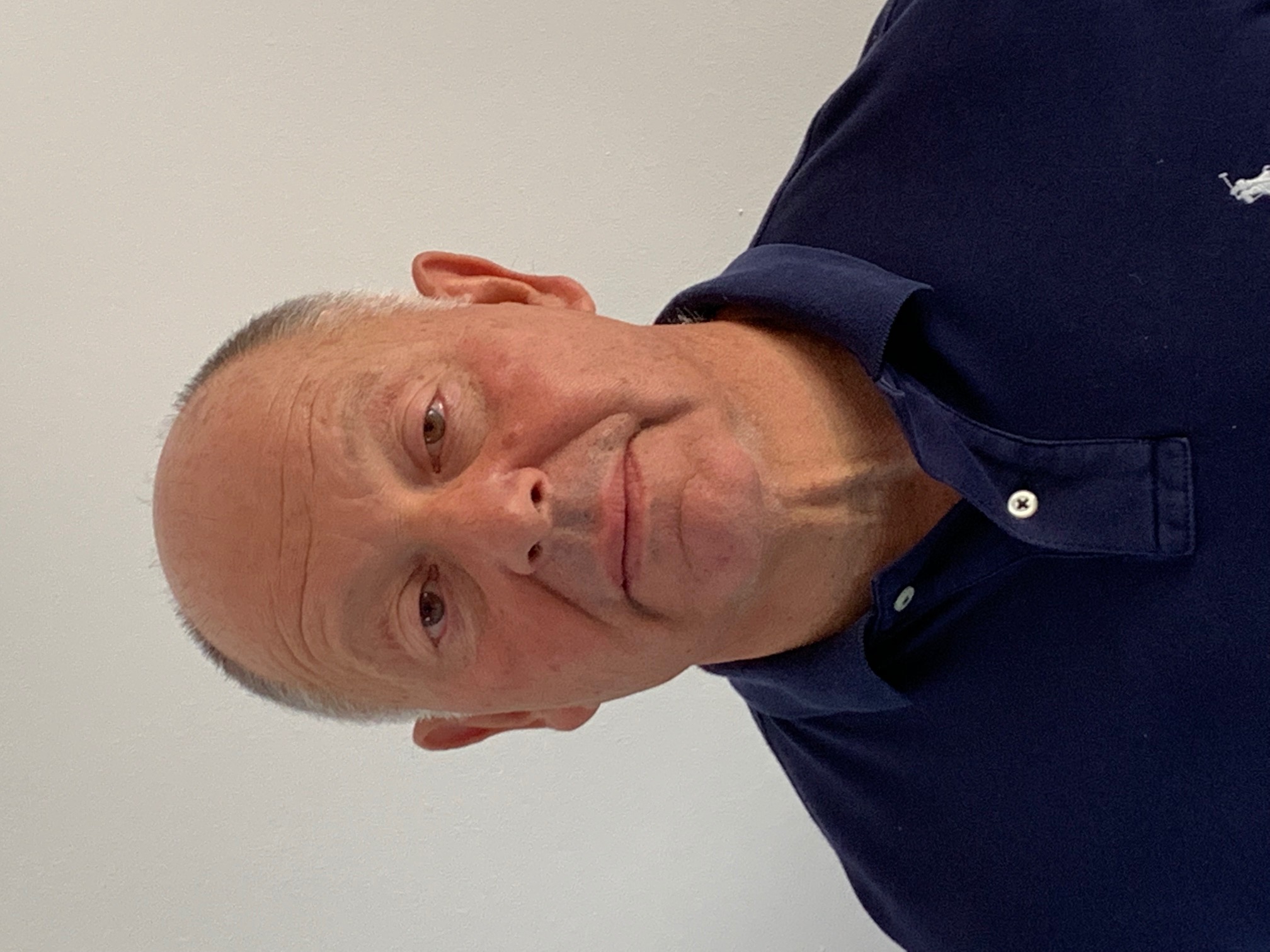Beyond traditional cancer treatment: Can we confront unmet needs in oncology with a fourth revolution?

Surgery, chemotherapy, radiotherapy, and immunotherapy are designed to kill cancer, but what if we could control cancer?
Cancer care has seen remarkable progress with targeted therapies, AI-enabled diagnostics and early detection tools. However, treatment approach has remained static for decades, focusing on eliminating primary tumours and killing cancer. The reality is that patients are at the mercy of metastasis, which is responsible for 90% of cancer deaths. Are we stuck in a paradigm that we are struggling to escape?
Foundational assumptions need challenging, including the idea that cancer cells must be eliminated at all costs. What if we approached cancer differently? What if cancer is something to be managed and controlled over time, like diabetes, which over 100 years ago saw a shift in the approach from cure to management?
Here, we explore gaps in oncology and cancer care, proposing a collective call for intelligent innovation and radical collaboration. Together we can work towards the fourth revolution in cancer care, prioritising control, quality of life, and long-term management.
Incremental progress
There have been clear landmarks in our efforts to identify and treat cancer. In the last two decades, breakthroughs in immunotherapy, precision medicine, and diagnostic tools have improved survival rates and shifted public perception of cancer from a death sentence to, in some cases, a chronic illness.
However, progress has been incremental and, while better prognoses and outcomes are seen in high-prevalence cancers like breast, prostate, and colorectal, others are left behind. Severe side effects, patient drop-out and poor survival rates are still paramount. Glioblastoma, pancreatic, liver, and lung cancers have five-year survival rates of 12%, 8%, 13% and 21% respectively. Plus, by 2040, the global incidence and mortality rates of pancreatic cancer are expected to rise by more than 75% and 80% respectively. Certain cancers progress rapidly and resist conventional therapies and traditional cytotoxic treatments often fall short, as tumour cells adapt and resist. Some of the most critical unmet needs in cancer lie in its aggression and fast progression.
Even among survivors, the journey is far from over. Attempting to kill cancer has severe consequences, with long-term side effects, high relapse risk, untreatable progression, mental anguish, and financial concerns. Innovation is not enough if it fails to address the full cancer care pathway.
Fear of relapse and psychological toll
For survivors, the fear of recurrence remains an ever-present burden. A 2022 study from the American Society of Clinical Oncology (ASCO) found that 59% of cancer survivors reported moderate or high fear of relapse and nearly 20% experienced levels so severe they required clinical intervention. The emotional and psychological weight of cancer does not end when treatment does.
The limitations of current paradigms
Eliminating cancer is not always feasible due to the complexity and heterogeneity of cancer and its ability to evolve and build resistance. Could a shift in focus from destruction to control unlock new outcomes? What if we shifted attention from the primary tumour to cancer invasiveness and metastasis, controlling instead of killing the tumour? Approaching cancer from a different angle could make significant progress, making the disease manageable and tolerable.
There is emerging evidence suggesting that tumour progression can be influenced by bio-electrical changes within the cancer cell environment. One such pathway of interest is sodium regulation, a fundamental property of a living cell, yet, a largely overlooked biological process in oncology. This process may hold new answers for controlling malignant progression.
Opportunities for a new revolution
A fourth revolution in cancer care is taking shape, one that steps away from the current well-trodden path. This revolution focuses not on tumour and malignant cell elimination, but on controlling and modulating the environment in the body that allows cancer to grow and spread.
Historically, calcium – a key but undruggable target in oncology – has garnered interest as a therapeutic focus, though with limited success. This has led researchers to sodium overload: a crucial regulator of tumour cell behaviour, aggression, and its ability to spread.
Cancer cells experience sodium overload due to the abnormal expression and function of wild type voltage-gated sodium channels (VGSCs). Overexpression of VGSCs, especially Nav1.5 and Nav1.7, has been linked to increased invasiveness and metastasis. High expression levels are also linked to high mortality for several cancer types, including breast, colon, prostate, and lung. Targeting VGSCs to slow tumour progression, reducing metastatic potential and transforming cancer from a fatal disease into a manageable condition, could be a promising therapeutic option.
Collaboration is key
Realising the potential of these findings requires a new model of partnership that brings together academic institutions, biotech innovators, healthcare professionals, and patients. We know that changing the cancer landscape demands courage and co-operation.
Oncology and cancer care stand at a critical junction, propelled by innovation. Too many people are still falling through the cracks due to complications, drug resistance, disparity, and poor outcomes.
To truly transform outcomes, we must expand access and equity and embrace new paradigms that aim to control cancer, rather than destroy it. We stand on the brink of the fourth revolution that will challenge long-held assumptions, support bold science, and focus on therapeutic goals prioritising quality of life.
We invite researchers, clinicians, industry leaders, and advocates to join us in advancing the next revolution in cancer care – one that delivers meaningful, measurable, and lasting impact.
At Celex Oncology, we are committed to listening, learning, and contributing to these efforts. We believe the future of cancer care lies not in more of the same – as that approach will bring only limited incremental improvement – but in smarter, more holistic approaches that redefine what success can look like for every patient, everywhere.
References
- Steeg, P.S. (2006) ‘Tumor metastasis: mechanistic insights and clinical challenges’, Nature Medicine, 12(8), pp. 895–904. Available at: https://doi.org/10.1038/nm1469.
- Diabetes UK (2024) 100 years of insulin, Diabetes UK. Available at: https://www.diabetes.org.uk/our-research/about-our-research/our-impact/discovery-of-insulin. Accessed May 2025.
- Cancer survival rates (2024) Nuffield Trust. Available at: https://www.nuffieldtrust.org.uk/resource/cancer-survival-rates?gad_source=1&gbraid=0AAAAADwbFHqvUgn48nwWAp5fhl7loVQAQ&gclid=Cj0KCQjw8cHABhC-ARIsAJnY12xQFgAWJfh7xwxRsjuionkxkVDW9_r5_XSLbHt3NBkB1_w2f6DPEj8aAooSEALw_wcB. Accessed May 2025.
- Hesami, Z. et al. (2024) ‘Global Trend in Pancreatic Cancer Prevalence Rates Through 2040: An Illness‐Death Modeling Study’, Cancer Medicine, 13(20). Available at: https://doi.org/10.1002/cam4.70318.
- Bergerot, C.D. et al. (2022) ‘Fear of Cancer Recurrence or Progression: What Is It and What Can We Do About It?’, American Society of Clinical Oncology Educational Book, 42(42), pp. 18–27. Available at: https://doi.org/10.1200/edbk_100031.
- Liu, H. et al. (2024) ‘Voltage-gated sodium channels in cancers’, Biomarker Research, 12(1). Available at: https://doi.org/10.1186/s40364-024-00620-x.
- Luo, Q. et al. (2020) ‘The Functional Role of Voltage-Gated Sodium Channel Nav1.5 in Metastatic Breast Cancer’, Frontiers in Pharmacology, 11, p. 1111. Available at: https://doi.org/10.3389/fphar.2020.01111.
- Diss, J.K.J. et al. (2005) ‘A potential novel marker for human prostate cancer: voltage-gated sodium channel expression in vivo’, Prostate Cancer and Prostatic Diseases, 8(3), pp. 266–273. Available at: https://doi.org/10.1038/sj.pcan.4500796.
- Mao, W. et al. (2019) ‘The Emerging Role of Voltage-Gated Sodium Channels in Tumor Biology’, Frontiers in Oncology, 9. Available at: https://doi.org/10.3389/fonc.2019.00124.
About the authors
 Laurence Cohen is director and General Counsel at Celex Oncology. Cohen is a former IP litigator who has been mentoring biotech start-ups for over 10 years. A graduate in Natural Sciences and Law from the University of Cambridge, he spent his early career dealing with the patent problems arising from successful pharma and biotechnology developments as they came to market. Cohen rose to be a global co-chair of Latham & Watkins IP group. He has also provided support for merger & acquisitions and licensing transactions. He co-founded Celex Oncology, having met the original founder in 2013 and immediately realising the exceptional potential of the science. Since then, he has been working with the Celex Oncology team to build the company, leading to the undertaking of clinical trials and successful progress from drawing board to market.
Laurence Cohen is director and General Counsel at Celex Oncology. Cohen is a former IP litigator who has been mentoring biotech start-ups for over 10 years. A graduate in Natural Sciences and Law from the University of Cambridge, he spent his early career dealing with the patent problems arising from successful pharma and biotechnology developments as they came to market. Cohen rose to be a global co-chair of Latham & Watkins IP group. He has also provided support for merger & acquisitions and licensing transactions. He co-founded Celex Oncology, having met the original founder in 2013 and immediately realising the exceptional potential of the science. Since then, he has been working with the Celex Oncology team to build the company, leading to the undertaking of clinical trials and successful progress from drawing board to market.
 Carsten Faltum is co-founder and CEO of Celex Oncology. Faltum is a seasoned executive in the life sciences sector, bringing over 25 years of leadership experience across research and development, commercialisation, and corporate strategy. Faltum has been instrumental in guiding the company from conceptual stages through clinical planning and capitalisation. Under his leadership, Celex Oncology has successfully secured two financing rounds, established a comprehensive operational & advisory team and developed a robust clinical and regulatory strategy. Faltum’s expertise is grounded in a strong scientific foundation, holding an MSc in Chemical Engineering. He has a proven track record of driving innovation, restructuring R&D functions, and executing product launches.
Carsten Faltum is co-founder and CEO of Celex Oncology. Faltum is a seasoned executive in the life sciences sector, bringing over 25 years of leadership experience across research and development, commercialisation, and corporate strategy. Faltum has been instrumental in guiding the company from conceptual stages through clinical planning and capitalisation. Under his leadership, Celex Oncology has successfully secured two financing rounds, established a comprehensive operational & advisory team and developed a robust clinical and regulatory strategy. Faltum’s expertise is grounded in a strong scientific foundation, holding an MSc in Chemical Engineering. He has a proven track record of driving innovation, restructuring R&D functions, and executing product launches.











